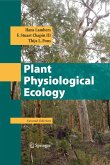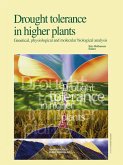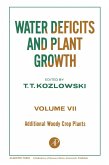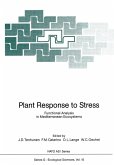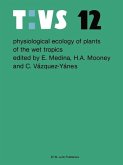- Emphasizes genetic and environmental interactions that influence woody plant growth
- Outlines responses of individual trees and tree communities to environmental stress
- Explores cultural practices useful for efficient management of shade, forest, and fruit trees, woody vines, and shrubs
Dieser Download kann aus rechtlichen Gründen nur mit Rechnungsadresse in A, B, BG, CY, CZ, D, DK, EW, E, FIN, F, GR, HR, H, IRL, I, LT, L, LR, M, NL, PL, P, R, S, SLO, SK ausgeliefert werden.




